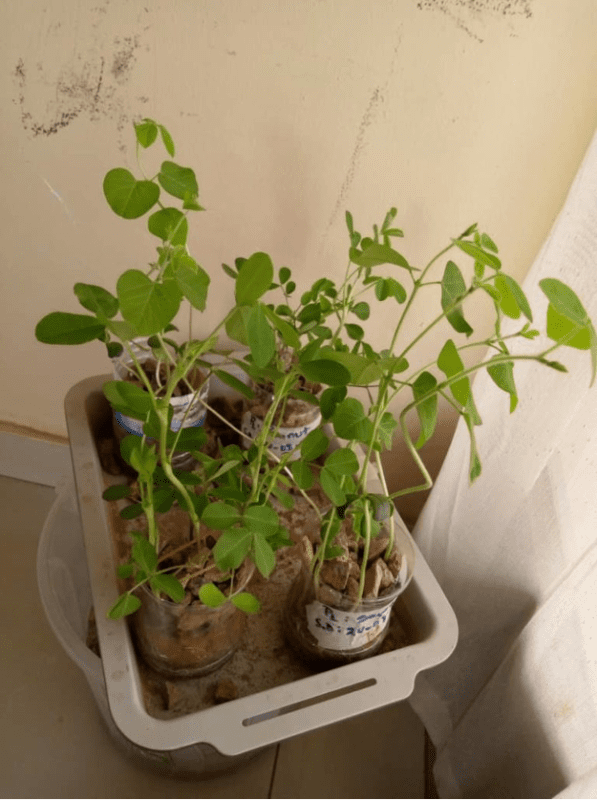ARDE/KUBAHO has embarked on a pioneering research initiative known as Geological Agriculture (GeoAg) – a revolutionary method that studies the cultivation of plants in rocks without the use of soil or fertilizers. This innovative approach could hold the key to sustainable farming in regions with limited arable land. GeoAg, developed by Richard C. Campbell, founder of the GeoAg movement, is gaining global attention, and ARDE/KUBAHO is at the forefront of its introduction in Rwanda.
As part of this initiative, ARDE/KUBAHO staff have been participating in weekly Zoom training sessions led by Campbell, alongside researchers from around the world. The sessions offer valuable insights into GeoAg’s potential, providing participants with the tools to grow plants using local rocks. Rwandan citizens interested in sustainable agriculture are also engaging in these training workshops, learning how GeoAg could benefit their communities.
Early experiments in Rwanda have already yielded promising results. In the first few workshops, Team Rwanda successfully germinated peanut and soybean seeds in simple buckets filled with local rock material. Although the buckets weren’t ideal containers for GeoAg, the plants grew, showcasing the viability of this method. Moving forward, the team retrofitted local plastic water bottles to create more suitable growing environments, and once again, the peanuts and soybeans thrived.
With these early successes, ARDE/KUBAHO’s team is continuing its research in collaboration with Campbell. Their next step is to grow peanuts and soybeans to full term and expand their study to include other plant species, all using Rwanda’s natural rock resources.
To learn more about GeoAg and its potential to transform agriculture, visit www.tosoilless.com.
This groundbreaking research could reshape the future of farming, particularly in areas where traditional soil-based agriculture is not feasible, offering new hope for sustainable food production in Rwanda and beyond.





